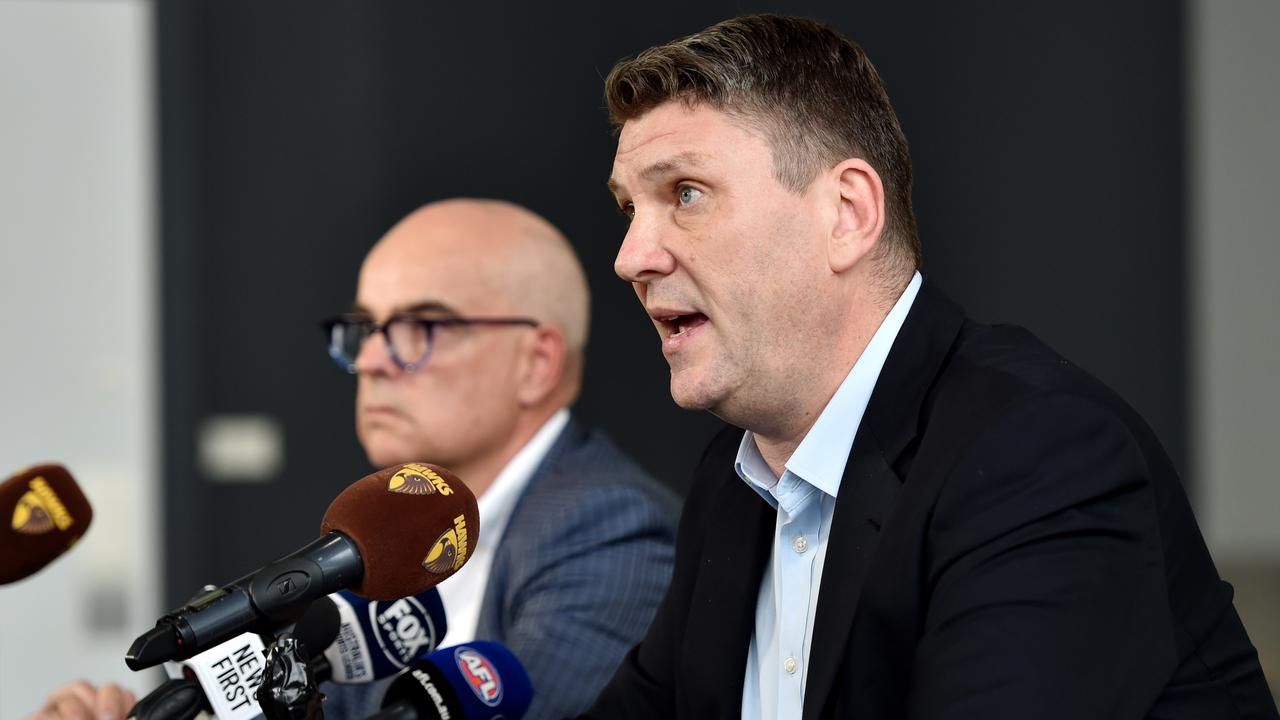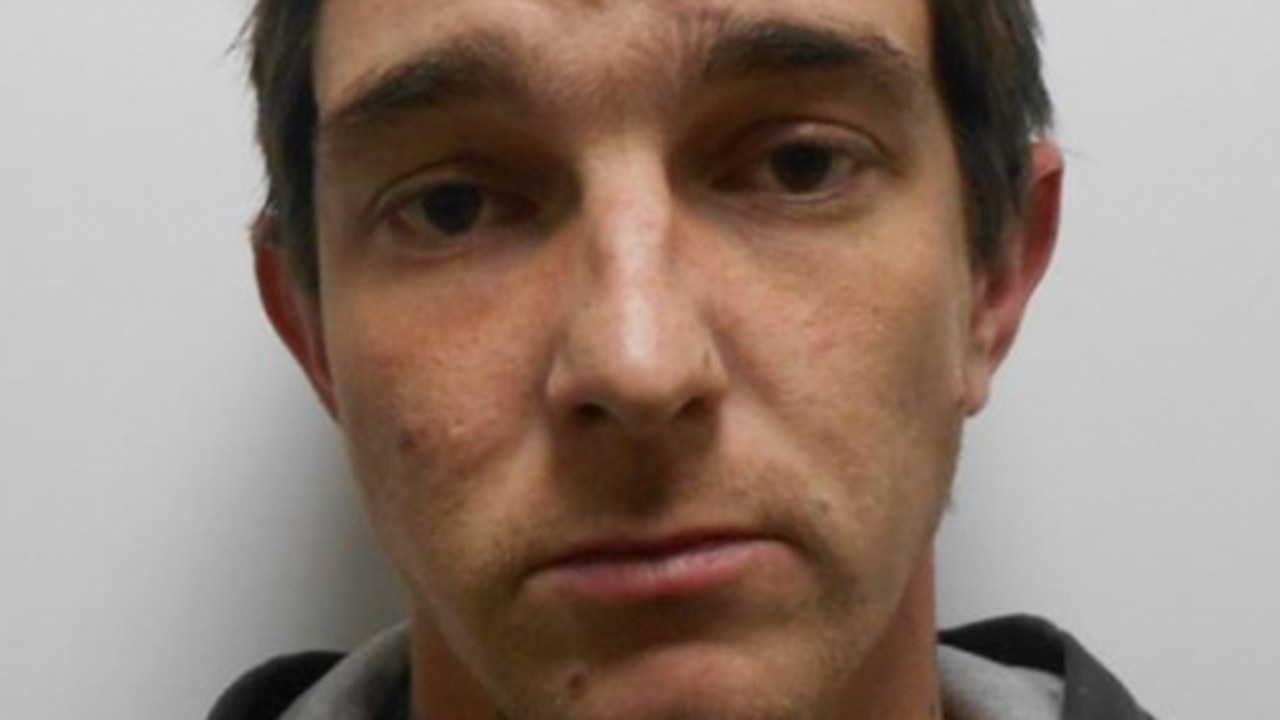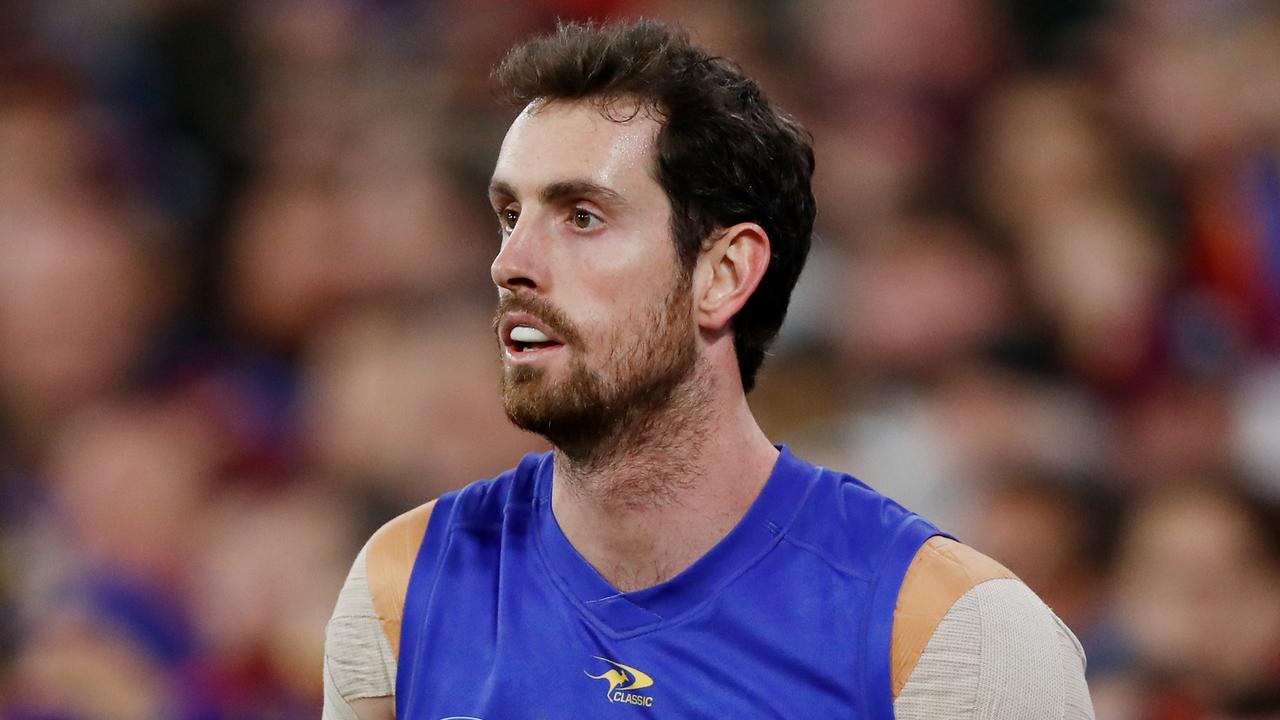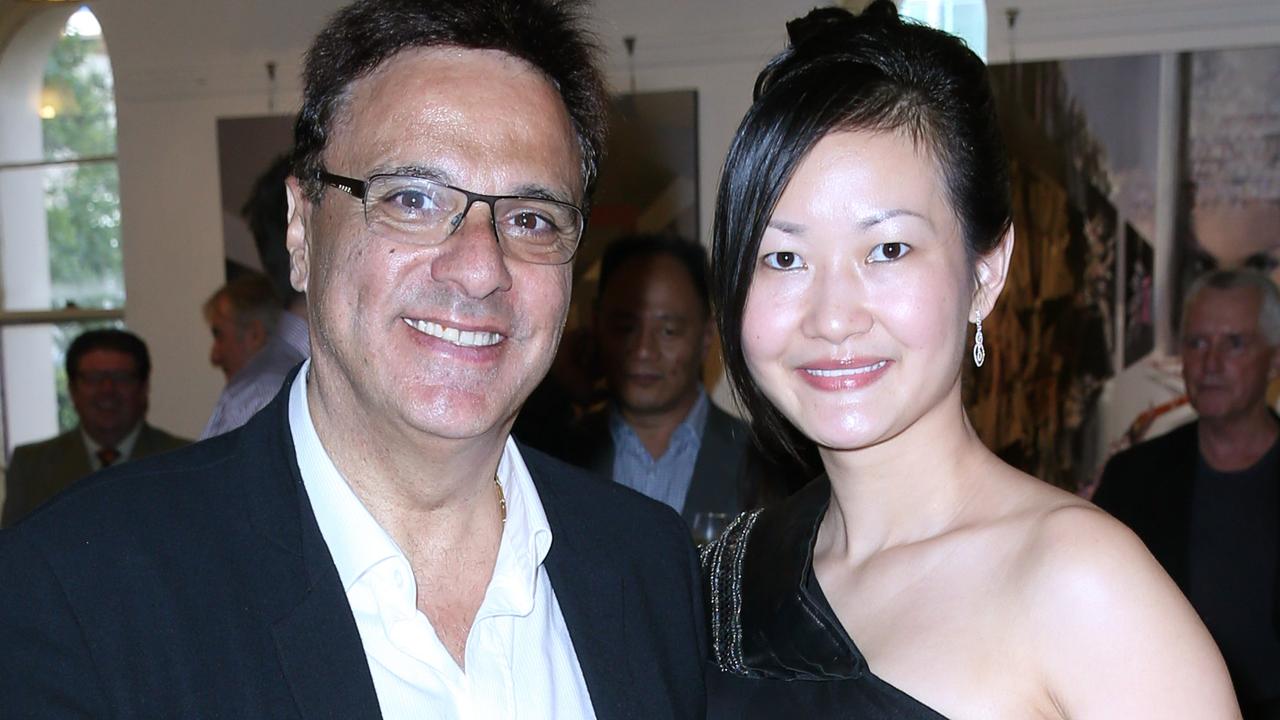Evidence at Kathleen Folbigg inquiry calls into question her written guilt
Experts have cast doubt on the meaning of convicted child killer Kathleen Folbigg’s diary entries - a key piece of evidence in ruling her guilty of murdering her babies.
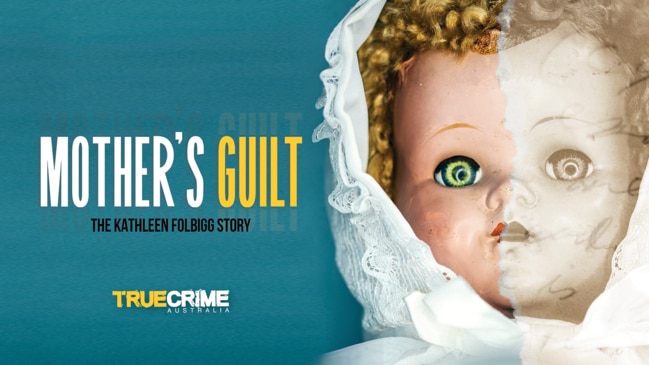
NewsWire
Don't miss out on the headlines from NewsWire. Followed categories will be added to My News.
The inquiry into the murder convictions of Kathleen Folbigg has heard the diaries previously used to prove her guilt in the deaths of her four babies could have been misinterpreted.
Folbigg, 55, was found guilty of the murder of three of her children and the manslaughter of a fourth baby in 2003.
Despite there being no physical evidence Folbigg’s children – Caleb, Patrick, Sarah and Laura – had been smothered to death, the prosecution argued a since-debunked theory that the probability of four unexplained sudden infant deaths equated homicide.
Police relied on diary entries written by Folbigg between 1989 and 1999 as an admission she’d been responsible for the deaths.
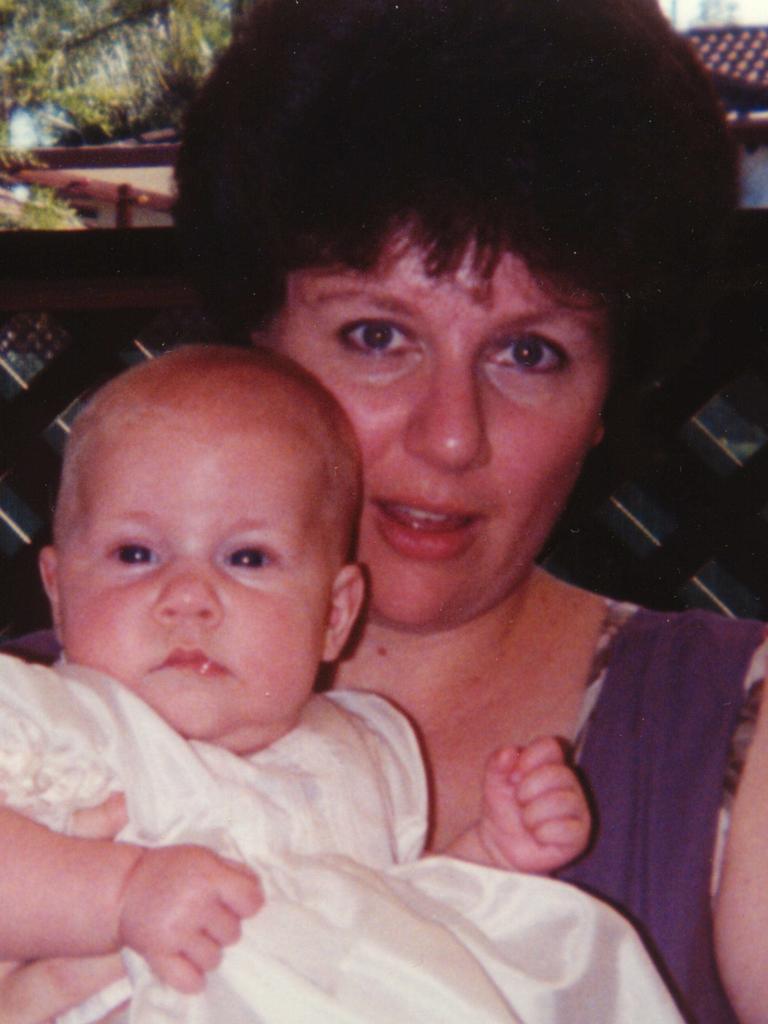
The inquiry, chaired by retired NSW Supreme Court Chief Justice Tom Bathurst, was set up to consider the possibility the Folbigg children died of natural causes, after a string of medical experts suggested there was a potential genetic mutation that could have resulted in the deaths of Laura and Sarah.
The inquiry heard evidence from forensic psychiatrists and a psychologist on the Folbigg diaries this week.
Forensic psychologist Patrick Sheehan told the inquiry on Thursday that after analysing the diary entries, he proposed Folbigg likely had a mood disorder and suffered from “avoidant characteristics” of trauma psychotherapy, where she “circumvented grief”.
“It’s noticeable in the diaries (she goes from writing about) a terrible loss, to going to the gym and losing weight and thinking about ‘our future together’, which is normal for people coming out of grief (to consider), but she seems to go straight there,” Mr Sheehan said.
When asked if it was “possible” the trauma Folbigg was experiencing was from killing them, Mr Sheehan said he accepted that alternative interpretation.
But he said there had been a “singular interpretation” of her diary entries at the time of her trial, leading people to believe her guilty.
“I think she has an alternative hypothesis on why her children would leave her,” Mr Sheehan said.
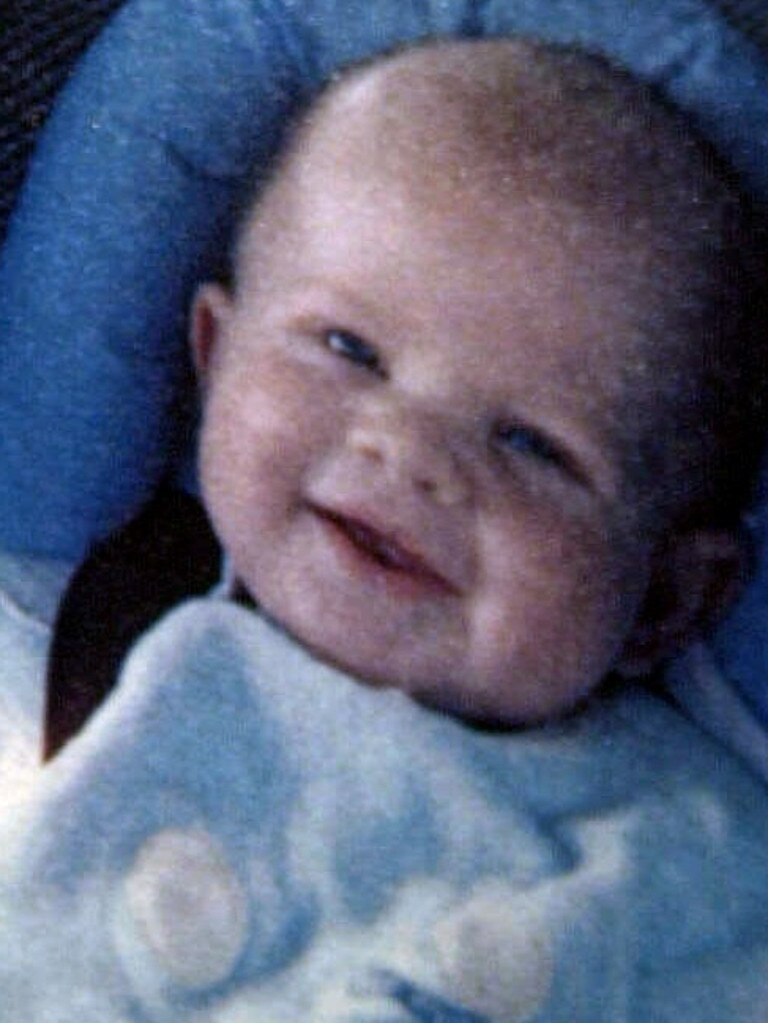
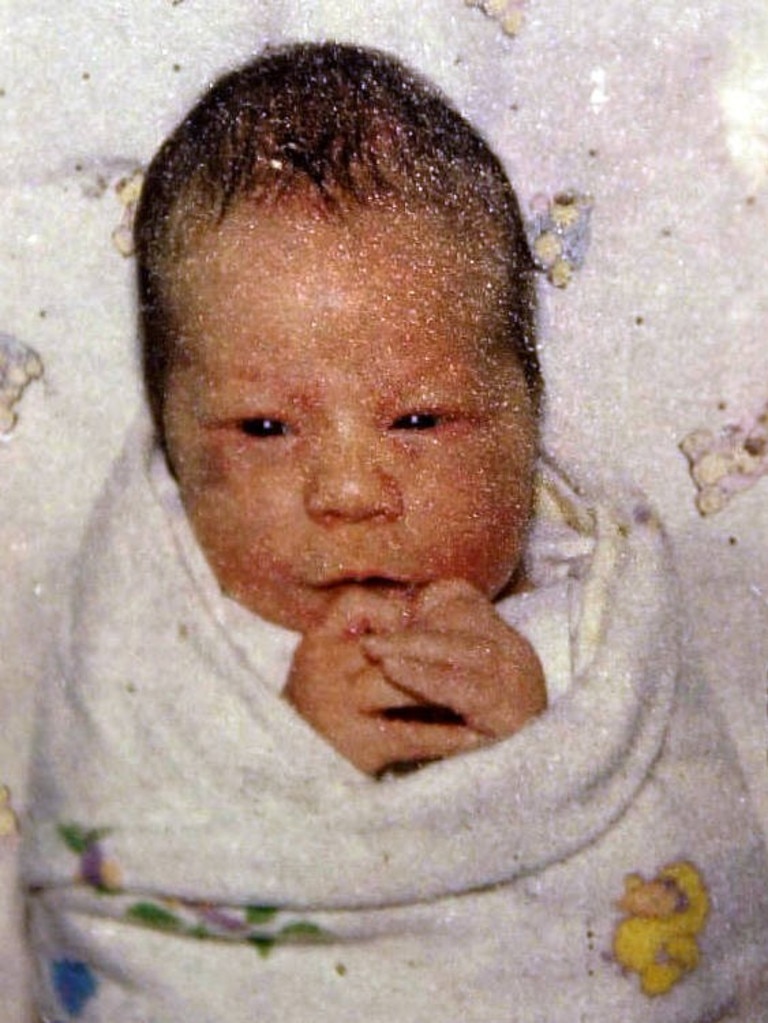
“It’s to deal with her own badness, or something she’s carried on through her terrible childhood or the sins of her father or failings as a mother.
“It also fits in with her grieving, with her approach to grieving, with her shutting down.”
The inquiry was shown extracts of the diary entries, with one reference to Folbigg writing about how Sarah had “left with a little bit of help”.
Psychiatrist Dr Yumna Dhansay told the inquiry on Friday she had understood Folbigg had been referring to “God or some higher power” who took her daughter from her.
However, Dr Dhansay did accept the sentence could be interpreted as an admission of guilt but said she would have expected Folbigg to be “more emotionally laden” in her writings.
“I think it’s quite common when there’s death or loss that people try to find an explanation,” Dr Dhansay said.
“If she got to the point where she was so stressed or so angry or exasperated that she went so far to actually kill a baby, I would expect to see a reactivity to that emotion in the way she wrote but I don’t see it there.”
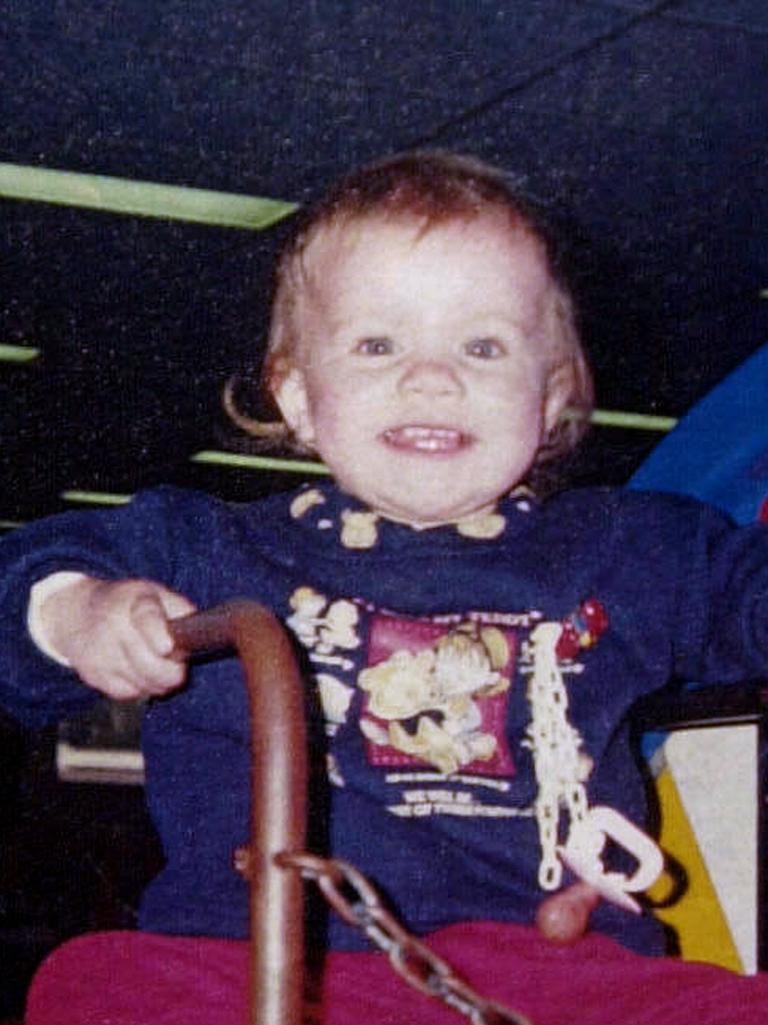
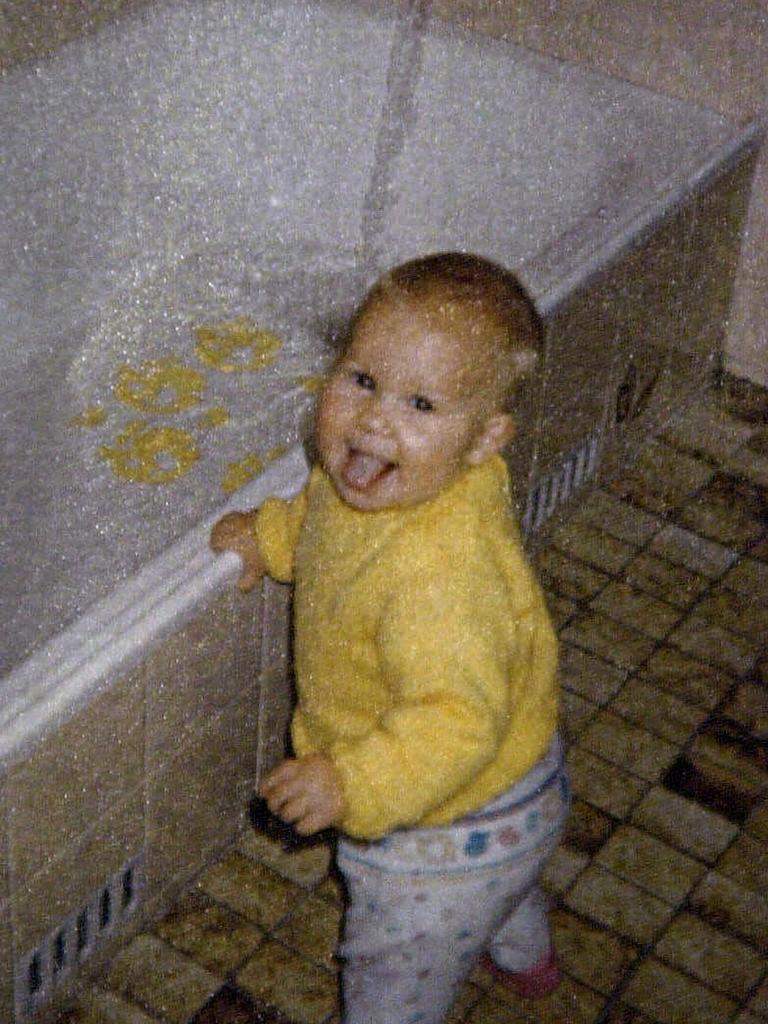
Forensic psychiatrist Dr Kerri Eagle told the inquiry on Thursday the diary entries don’t reflect the “full context” of Folbigg’s feelings at the time she made the entries.
“The diaries just reflect a stream of consciousness and type of thought that may be fragmented or not ... and is influenced by her fluctuating mental state at the time,” Dr Eagle said.
The inquiry also heard evidence from medical experts on the likelihood the children died from natural causes.
Neurologist and sitting MP Dr Monique Ryan told the inquiry on Tuesday the death of Folbigg’s son Patrick, who did not share the same genetic mutation as his sisters, could have been connected to a possible seizure the boy had suffered.
Renowned paediatric intensivist Peter Flemings said on Tuesday he hadn’t been able to find any evidence to support that the children had died from asphyxiation.
He explained children who had been suffocated in some way would show clear signs inside their mouth of the injury caused by their teeth when smothered.
The inquiry will resume on April 26 for closing submissions.
Originally published as Evidence at Kathleen Folbigg inquiry calls into question her written guilt


